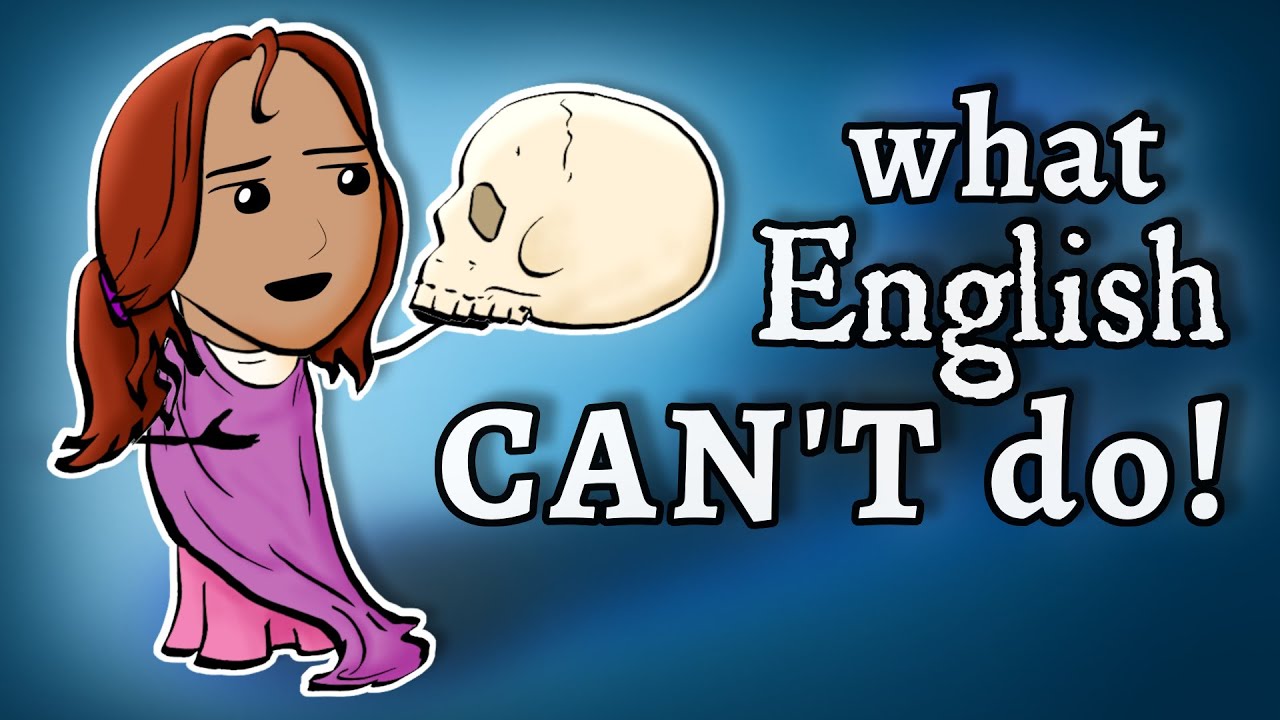NativLang
Other languages have unique features that English just doesn’t have access to. So, English, why don’t you level up your skills with these linguistic tricks from around the world?
Subscribe for more: https://www.youtube.com/subscription_center?add_user=NativLang
Become my patron: https://www.patreon.com/NativLang
~ Briefly ~
The first of two fun, experimental videos where I’m playing with features English lacks and has. This time we’ll take a look at some grammatical skills that English might consider unlocking:
– reduplication
– distributive numerals
– politeness
– predicative adjectives
– question particles and interrogative word order
– copula vs locative be
– weather verbs
– instrumentals vs comitatives
– clusivity
– evidentials
Thank you for watching!
~ Credits ~
Art, narration and animation by Josh from NativLang.
My doc full of sources for claims and credits for music, sfx, fonts and images:
https://docs.google.com/document/d/1KjWUYZxa2CXo95HXTQ42sO5JtJyGHmlg3q2NaV2enok/ .
